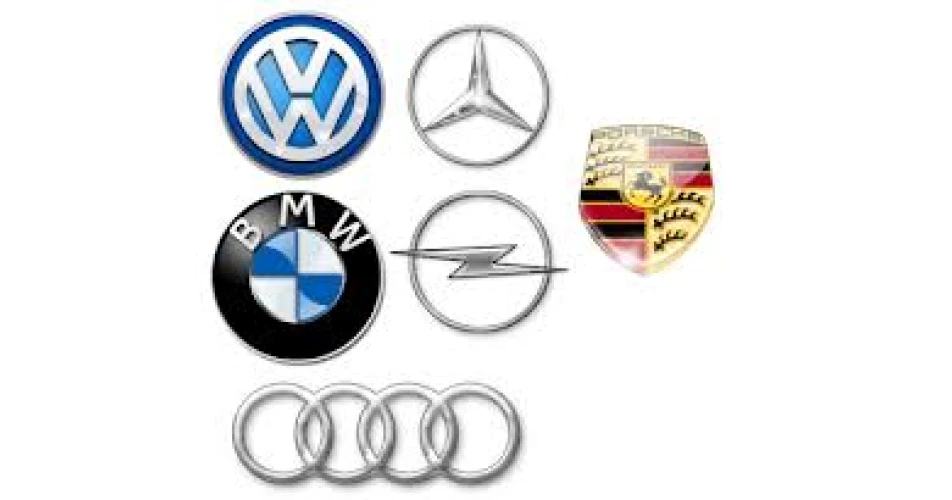Germany's car market is in recession, but few outside the industry would know it, thanks to a controversial sales practice that inflates official statistics and paints a flattering picture of demand.
According to a report from Reuters, three in every 10 new vehicles in Germany, including luxury BMWs, are sold not to customers, but to carmakers and their dealers - a type of automotive industry pump priming known as 'self-registration.'
At nearly half a million such registrations in the six months through June, the total is greater than the entire new car market in Spain.
So while official figures show a 0.7 percent rise in German car sales for the half year, figures from auto market research firms Dataforce and BDW Automotive show private demand fell 5 percent in the period, which would mean all the growth had been manufactured by the manufacturers.
"Essentially, the carmakers are deceiving their shareholders, since they make it look as if the vehicles were actually sold. They want to pull the wool over their eyes," said Ferdinand Dudenhoeffer, head of automotive think tank CAR at the University of Duisburg-Essen.
Industry watchers say manufacturers across the board are paying dealers cash bonuses that can be worth 3-4 percent of a vehicle's listing price to reach targets linked to the number of new cars registered as officially sold, whether or not there is a real customer behind that purchase.
GM France President Yves Pasquier-Desvignes warned the tactic can have a 'devastating cost' for dealers, who might, for example, boost their test-drive fleets to meet registration goals, but then end up caught in a vicious circle. "If you push at the end of one month, you start the next one in deficit because you've registered a car you still have to sell," he said.
And when dealers can no longer keep it up, carmakers do it themselves. As a result, the two account for a combined 30 percent of the new car market, making the industry the second largest source of demand behind only private customers, who account for 39 percent.
"The phenomenon has really been the increasing number of vehicles registered directly by the manufacturers themselves," said Marc Odinius, who tracks the phenomenon as general manager for Frankfurt-based Dataforce, explaining that carmakers' own share of the new-car market had risen to 9 percent currently from 5.5 percent in 2009.
"I have to admit I was surprised how high self-registrations are," said Gareth Hession, vice president for research at auto industry forecaster JATO. "It seems that people are burying their head in the sand."
